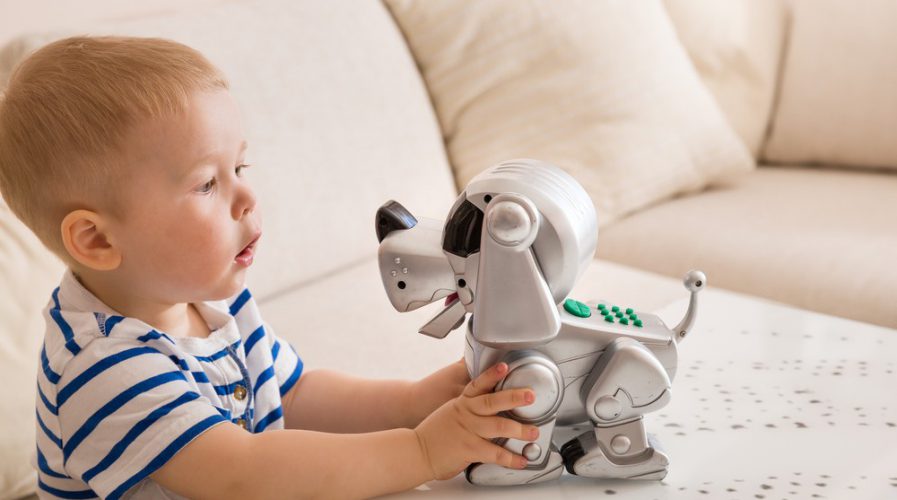
Adapting toys to the digital area is the only way forward for the toy industry. Source: Shutterstock
Mattel makes serious play for China with digital toy strategy
MORE innovation is expected to pour out of Mattel in the future through digitally-connected toys. Thanks to this new strategy, the company forecasts growth of 400 percent in China by 2020. As reported by Reuters, it’ll be tackling competitors Lego Group and Hasbro Inc. in a toys and games market worth US$31 billion.
According to market research firm Euromonitor International, Mattel is behind Lego with around two percent market share in China. Lego has 2.8 percent while Hasbro is in third with one percent.
The toy company plans on focusing on e-commerce, “repackaging its core brands as educational toys and connecting them to the Internet”. The revamped toys, slated for a 2018 global launch, will include Hot Wheels with smart sensors and VR-powered View-Masters which plans to cater more to a digitally-savvy millennial crowd.
Michael Shore of #Mattel talks toys and digital and there evolution #MIPTV pic.twitter.com/uFk5fywKkG
— Peter Robinson (@PeterRobinson81) April 4, 2017
Mattel’s newfound focus on connected toys has to do with its CEO, former Googler Margo Georgiadis, who was poached earlier this year. She will be cutting the toy maker’s dividends in half to fund the company’s shift towards mobile technology.
“It’s time to reinvent this company to ensure it reflects where consumers and the market are going,” Georgiadis said and notes she’ll be working to make Mattel a “future-proofed kid-experience company.”
Until Georgiadis came around, Mattel was a 72-year-old, traditional toy company that was experiencing drops in revenue. Bloomberg notes children are being raised differently these days and toys have to be redesigned to reflect the new trends, the latest being increased consumption of digital content, Internet-connected toys and educational products.
SEE ALSO: Beyond Limits: How IoT is changing the way the world operates
During Georgiadis’ time at Google, she worked in the advertising and global sales units. Despite her experience not quite encompassing the consumer products and retail space, Georgiadis is future-focused and is dedicated to creating Mattel 2.0.
“I’m really focused on looking at where the industry is headed and how the world is evolving. Toys really need to adapt to this era,” she said.
READ MORE
- Ethical AI: The renewed importance of safeguarding data and customer privacy in Generative AI applications
- How Japan balances AI-driven opportunities with cybersecurity needs
- Deploying SASE: Benchmarking your approach
- Insurance everywhere all at once: the digital transformation of the APAC insurance industry
- Google parent Alphabet eyes HubSpot: A potential acquisition shaping the future of CRM
